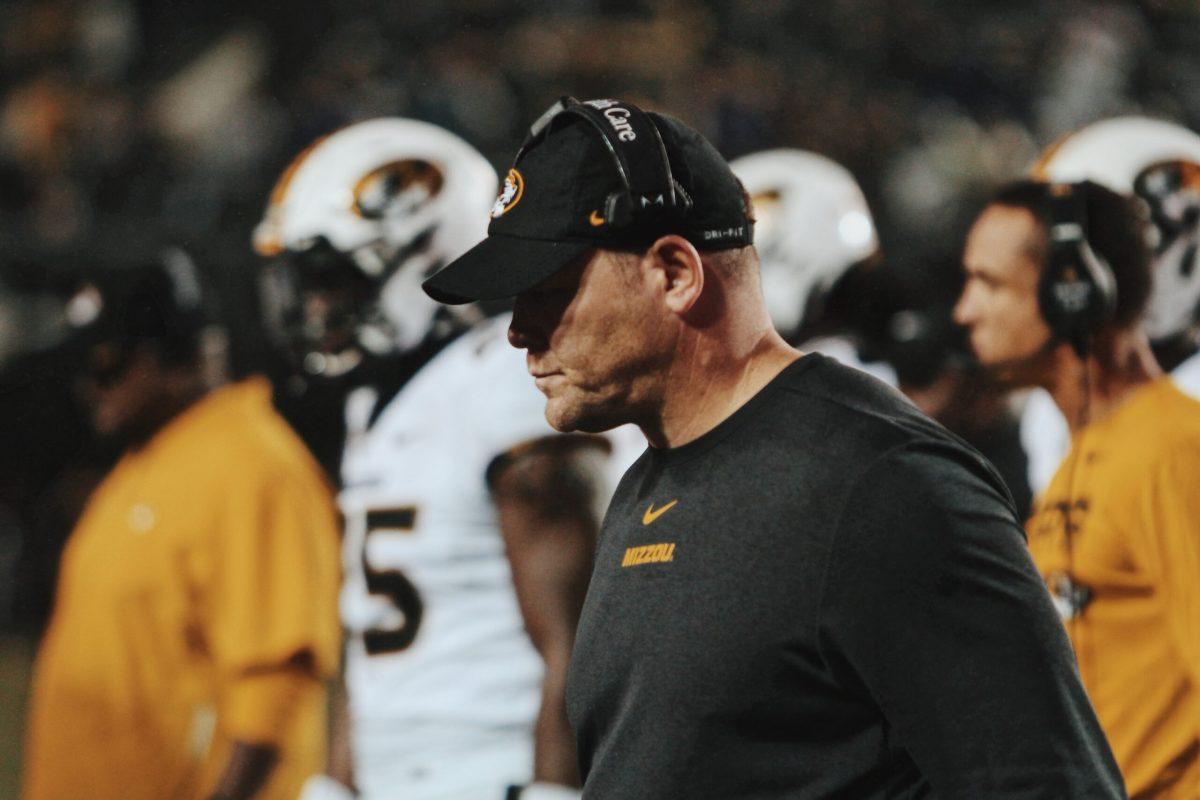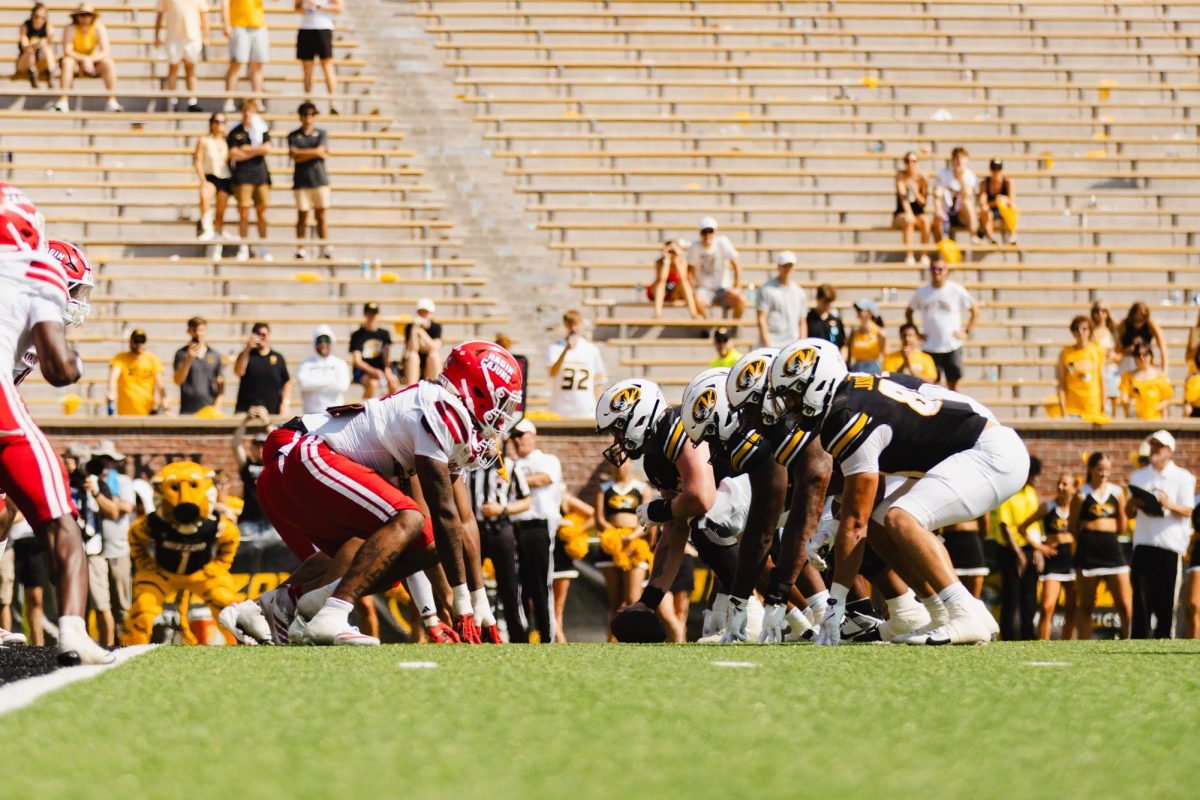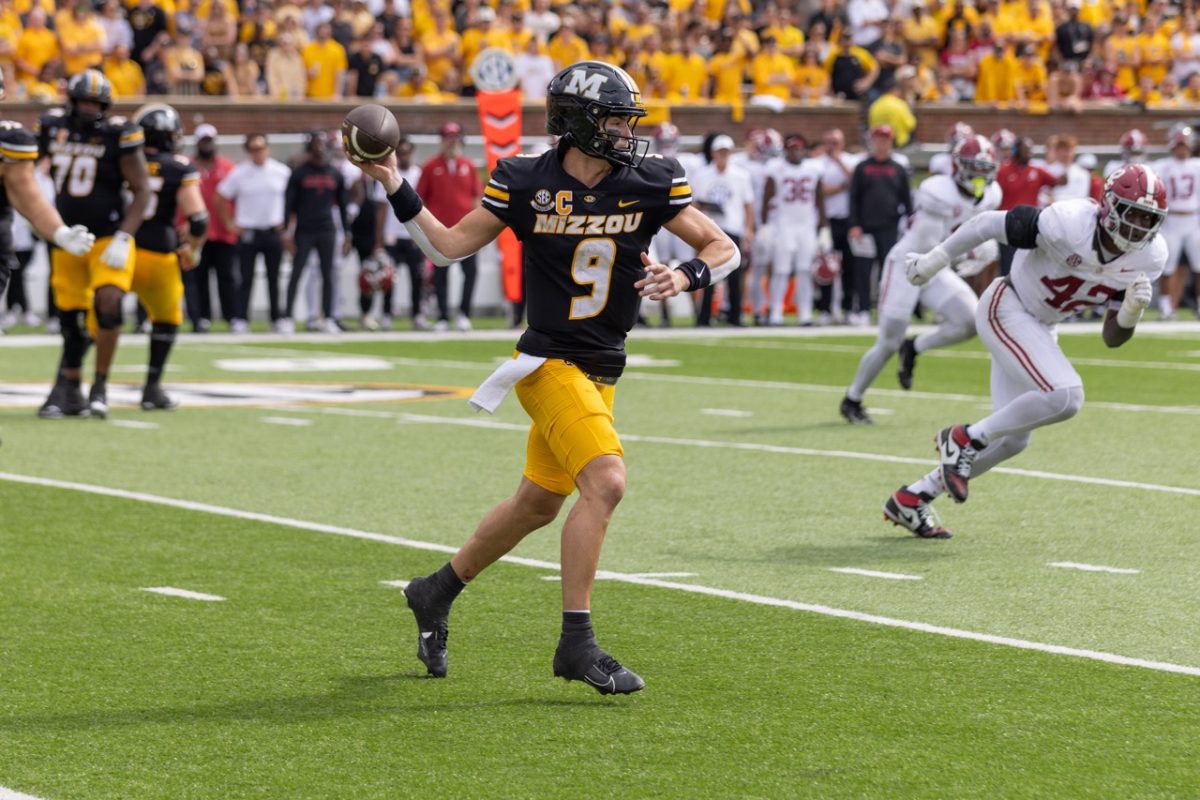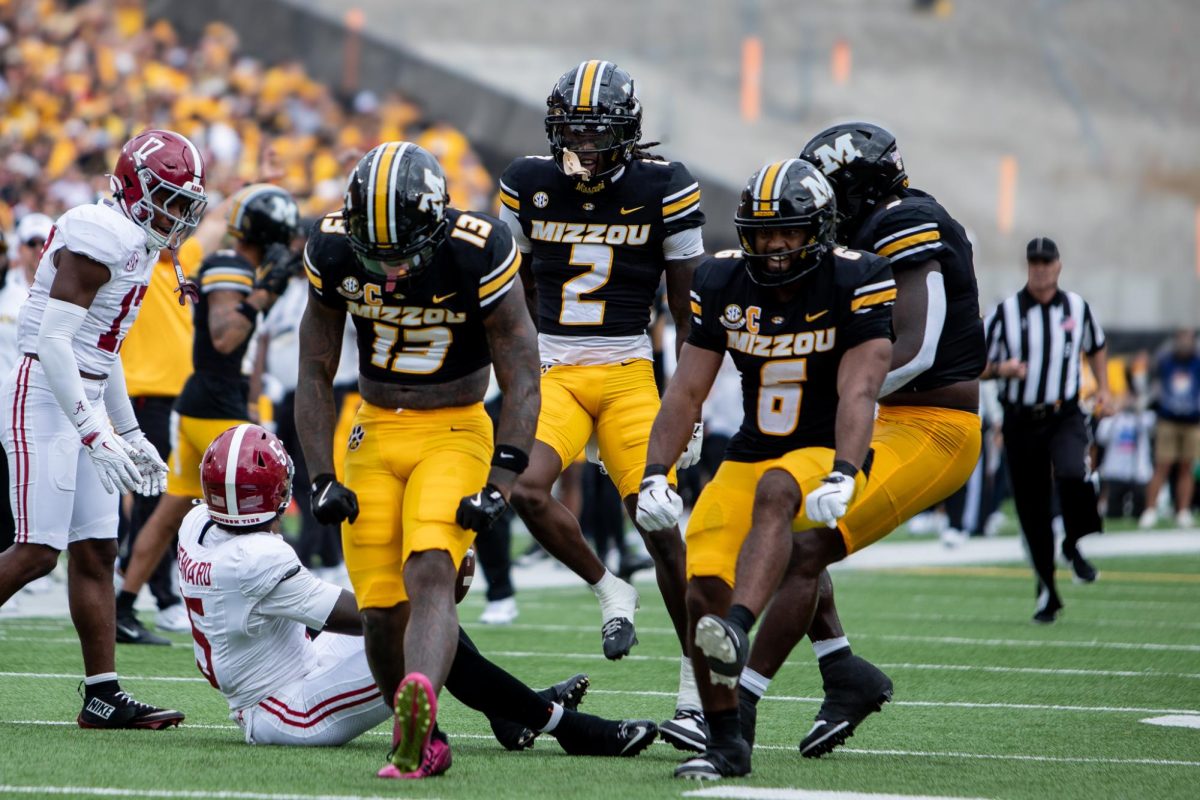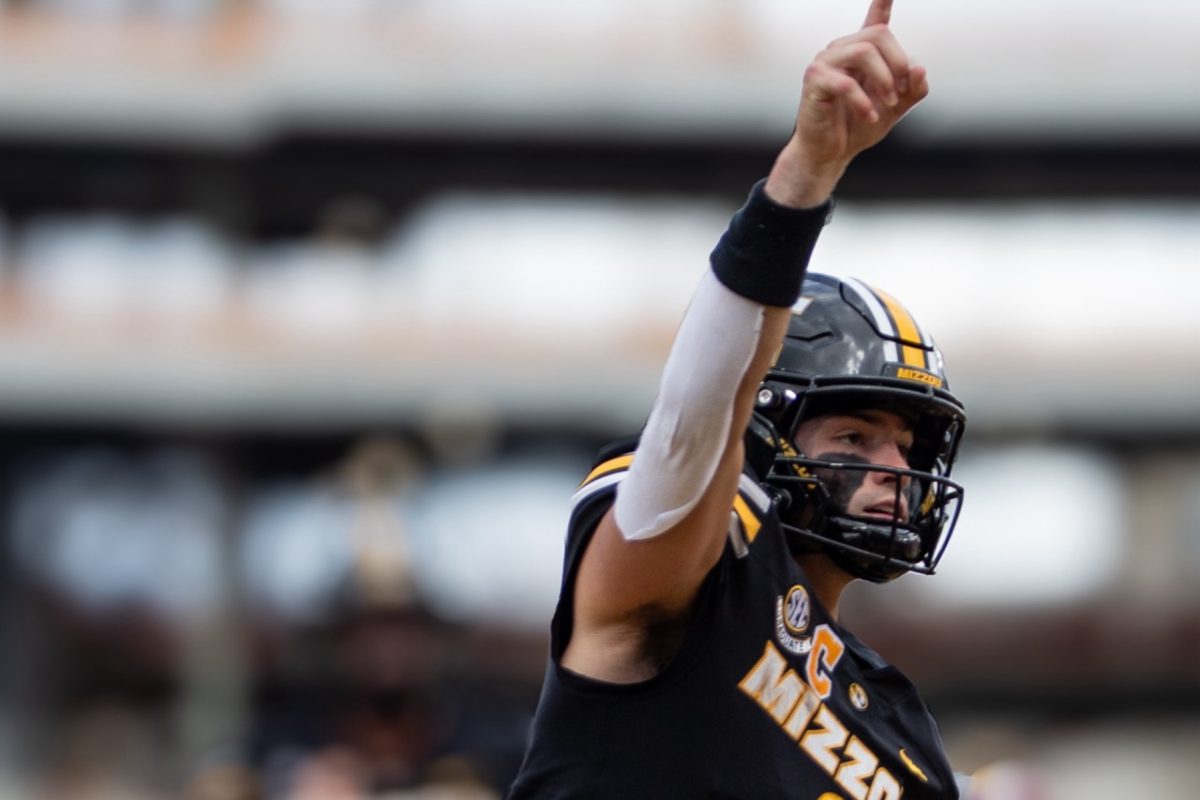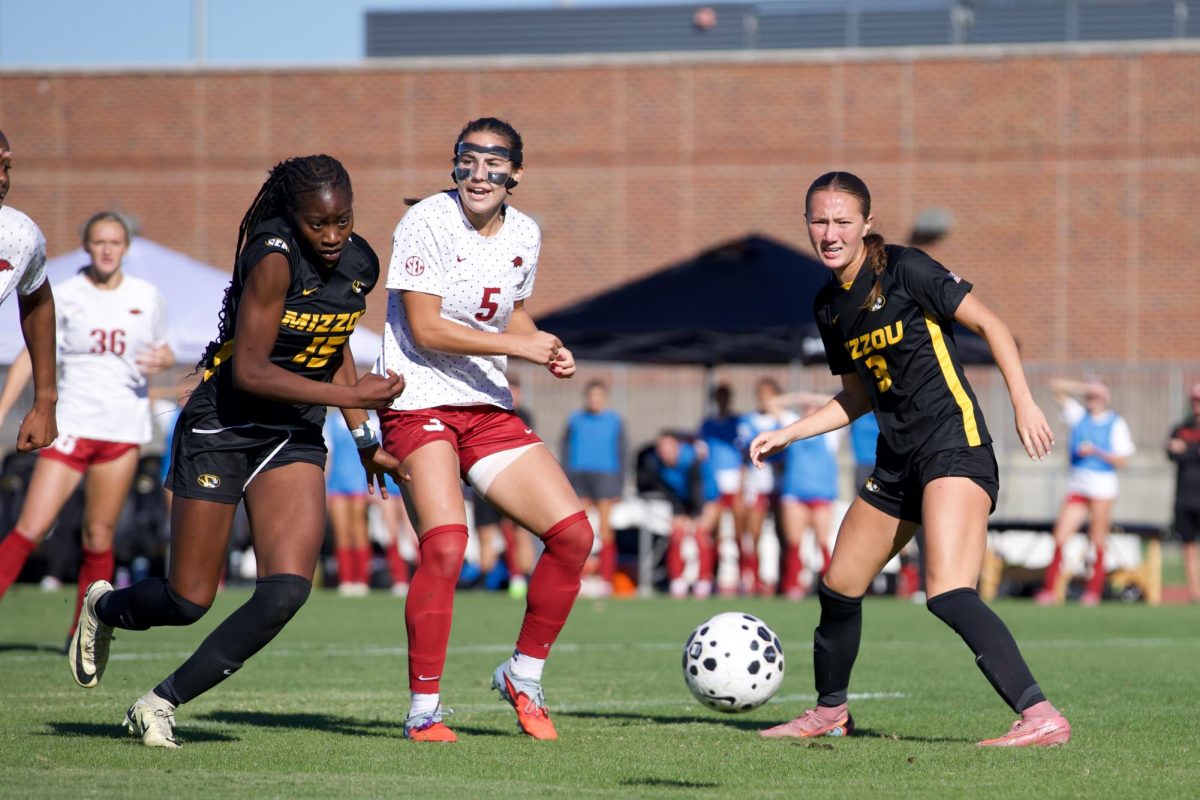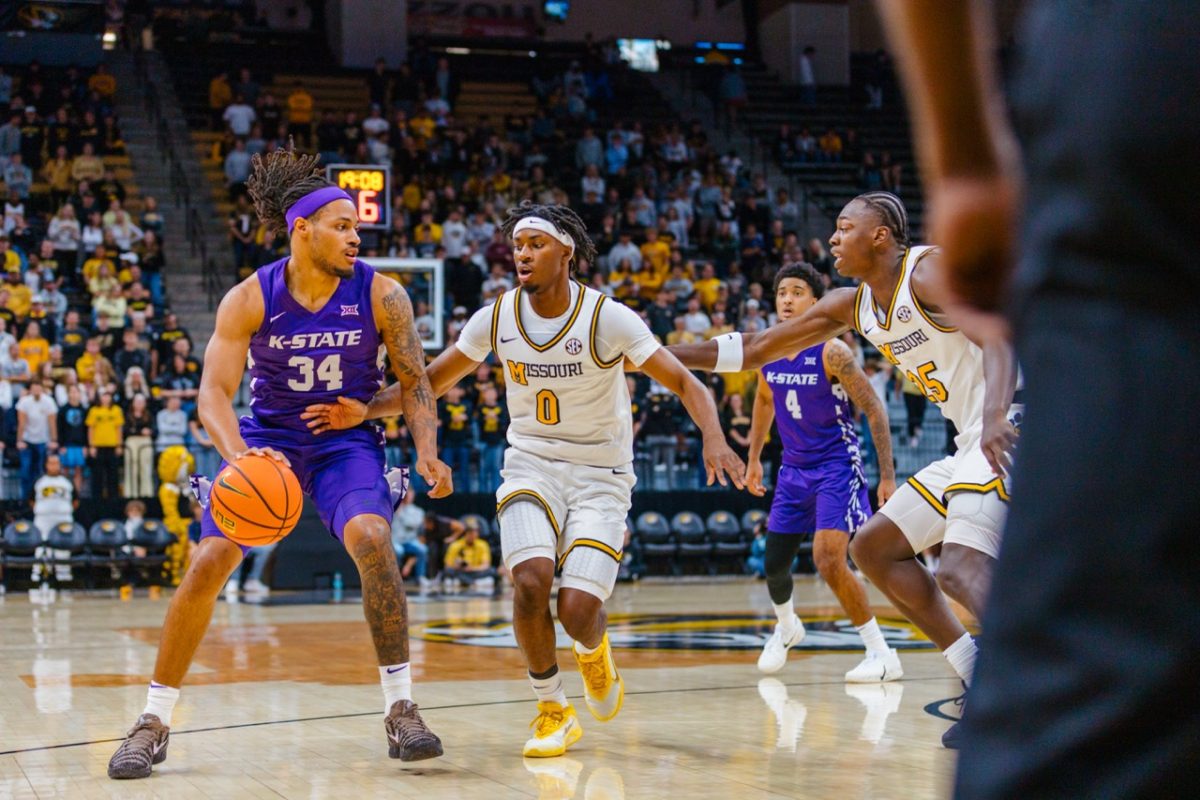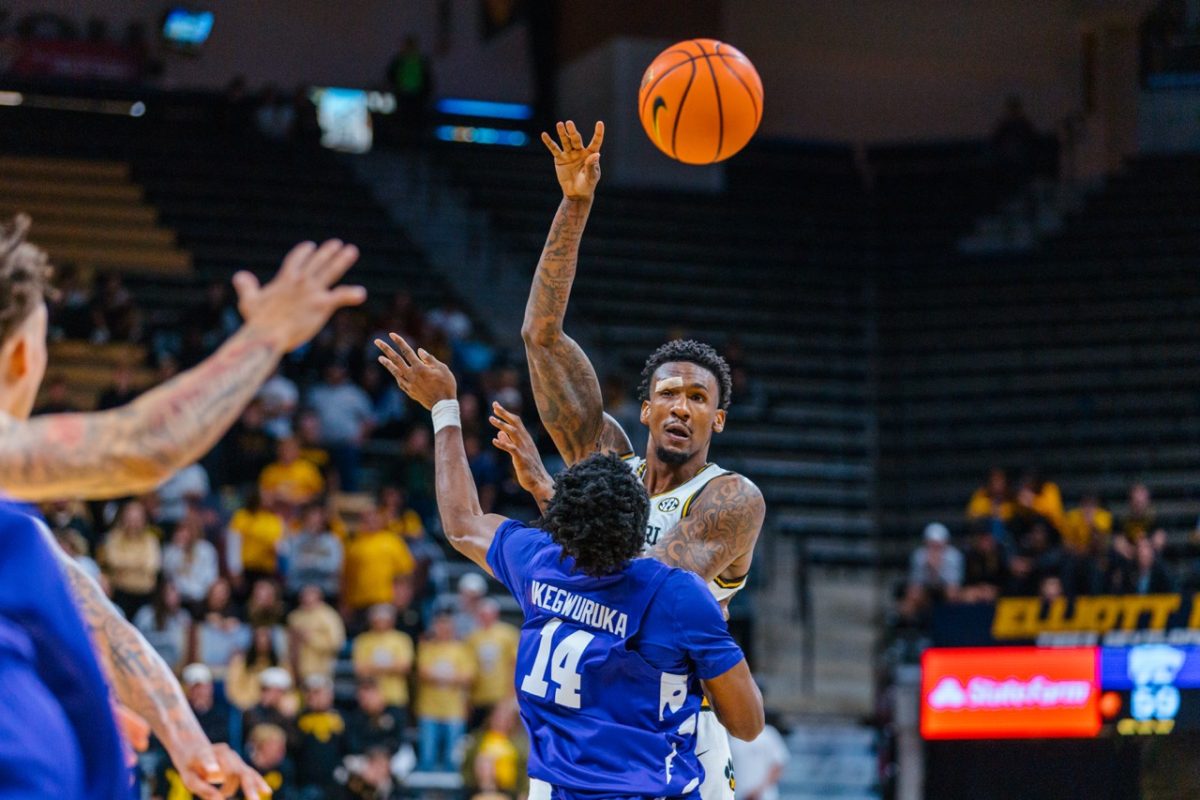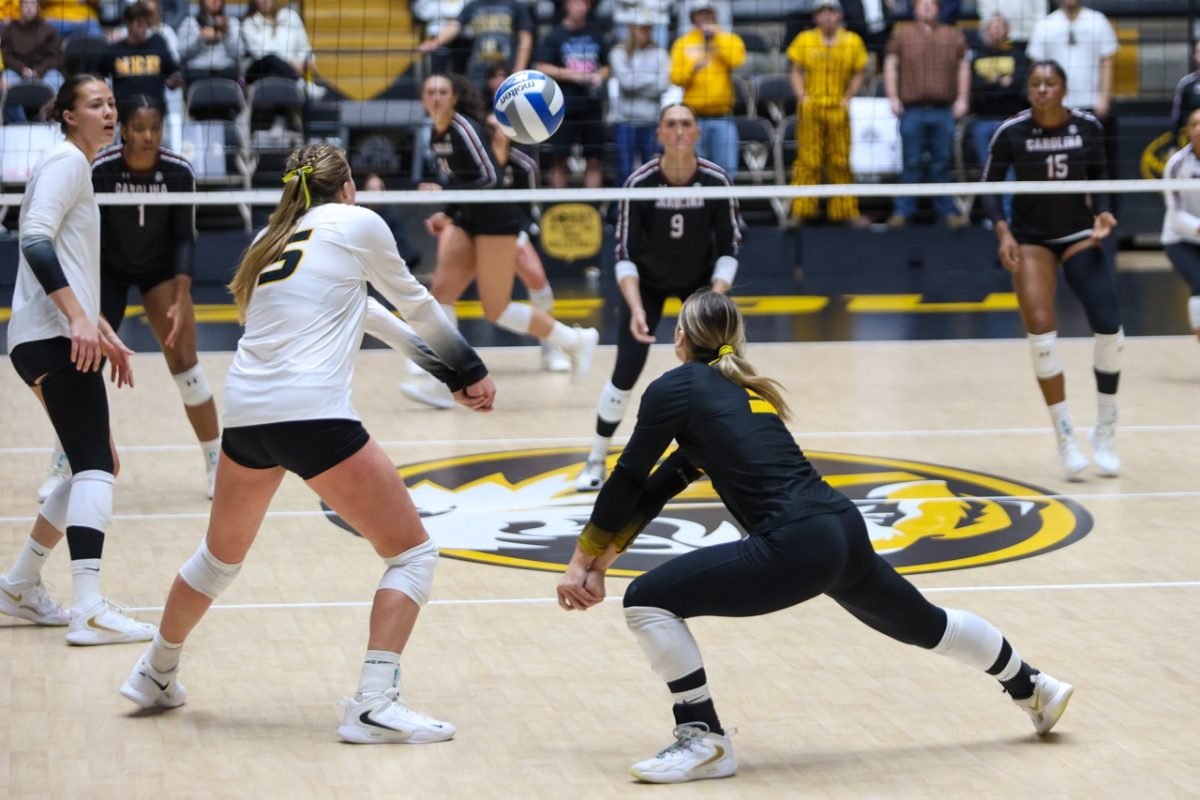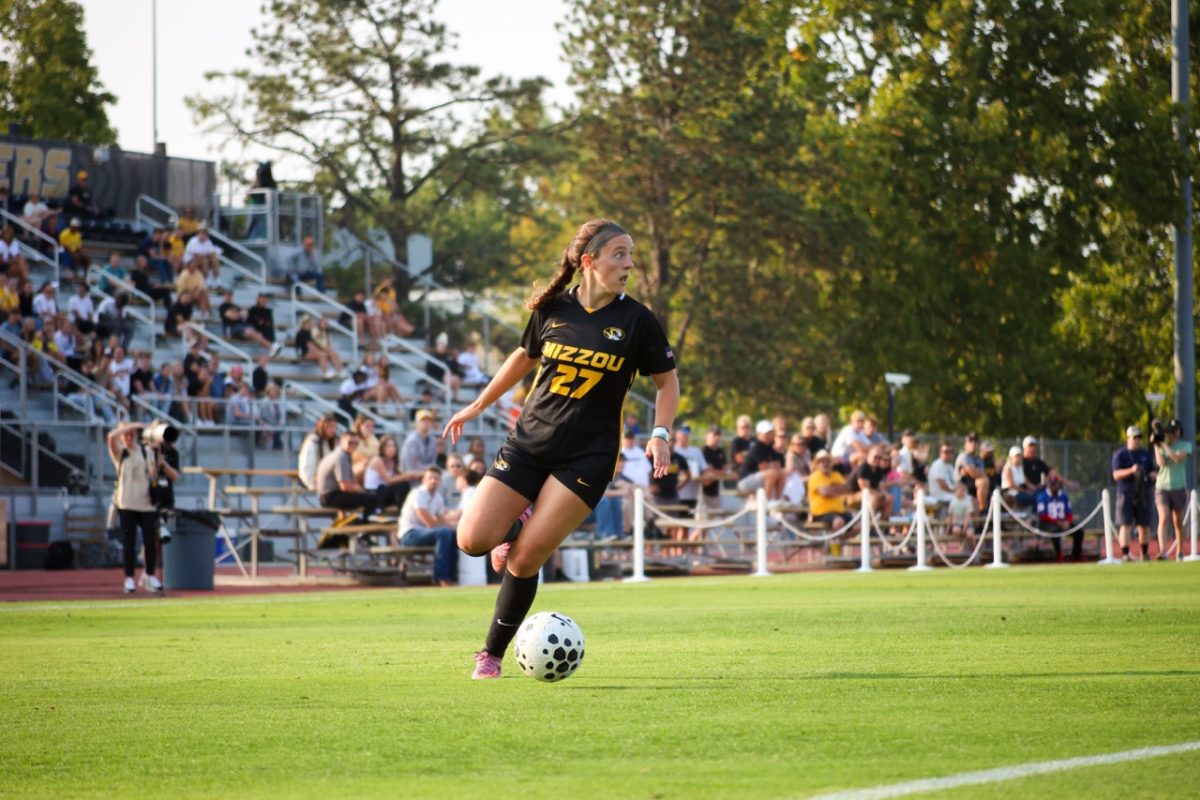An NCAA Infractions Appeals Committee ruled to uphold all sanctions handed down to Missouri in January, as first reported by Gabe DeArmond of PowerMizzou.com on Tuesday.
A release from the NCAA on the IAC’s decision said that while the committee agreed with Missouri’s argument that more mitigating factors could have been applied to the case. However, it also noted that more than just disagreement with the Committee on Infractions’ ruling is required, and that the university was unable to provide strong enough evidence to overturn the ruling.
According to the release, “When reviewing the penalties, the Infractions Appeals Committee noted that the Committee on Infractions has significant discretion in its ability to determine appropriate penalties for a case. Additionally, the Infractions Appeals Committee said it is hesitant to overturn a penalty within the appropriate penalty guidelines unless there is a clear indication of arbitrary decision-making.”
A joint response was issued by UM Chancellor Alexander Cartwright and Director of Athletics Jim Sterk around the same time as the NCAA’s release.
“We are deeply disappointed by the NCAA Infractions Appeals Committee’s decision to shirk its responsibilities and simply uphold sanctions that are not consistent with precedent or even common sense,” the statement read.
Missouri football would have needed to beat Arkansas this Friday for its sixth win to secure a bowl game. Now, with the sanctions upheld — including the one-year postseason bans for football, softball and baseball — getting that sixth win doesn’t hold nearly as much weight on Missouri’s season.
Missouri’s baseball and softball programs would have served their postseason bans this past spring had it not been for the appeal, which temporarily nullified the sanctions until the process was complete. Now, both will serve their bans in the 2020 season.
Statements from all three coaches were included in a press release issued by the university.
“I am absolutely heartbroken and disappointed by the committee’s decision to punish a group of 27 current student-athletes who didn’t play any role in this and have done everything right from the very beginning,” softball coach Larissa Anderson said.
True freshmen within each program would have just entered high school when the academic infractions that are cause for the sanctions occurred. Baseball coach Steve Bieser offered similar sentiments.
“These student-athletes have done everything right since becoming a Tiger, but yet are cruelly penalized for the actions of one individual from years’ past,” he said.
The other sanctions now in effect include a 5% reduction in scholarships for each of the teams, recruiting restrictions, three years of NCAA probation and a vacation of wins participated in by student athletes involved in the 2016 academic infractions.
Shortly after news broke unofficially of the NCAA’s decision, Missouri Sen. Caleb Rowden issued a statement in response denouncing the association.
“With this decision, you have proven once again why your organization has become a national laughingstock and a detriment to college sports and student athletes,” Rowden’s statement said. “Your once-proud organization has become an antiquated, outdated, bureaucracy dying under the weight of its own incompetence.”
The entire process took nearly 10 months beginning with the Committee on Infractions’ initial ruling in late January. According to an IAC information page, the appeals process takes an average of eight months.
Missouri notified the NCAA of its plans to appeal the sanctions on Feb. 14, only two weeks after an NCAA Committee on Infractions announced its ruling on the 2016 case on Jan. 31. A written appeal was filed on March 25, and representatives for Missouri appeared for an in-person hearing with the committee in mid-July.
Many are citing Missouri’s case as proof that cooperation does nothing to help a school’s standing with the NCAA in similar cases. Missouri’s athletic department self-reported the incident and was cooperative throughout the entire investigation.
“Today’s decision raises serious concerns about whether the current NCAA enforcement system encourages or discourages compliance and integrity,” Cartwright’s and Sterk’s statement said. “While we have exhausted our NCAA appeal avenues, we will continue to advocate for meaningful reform within the NCAA enforcement process.”
_Edited by Leah Glasser | [email protected]_


